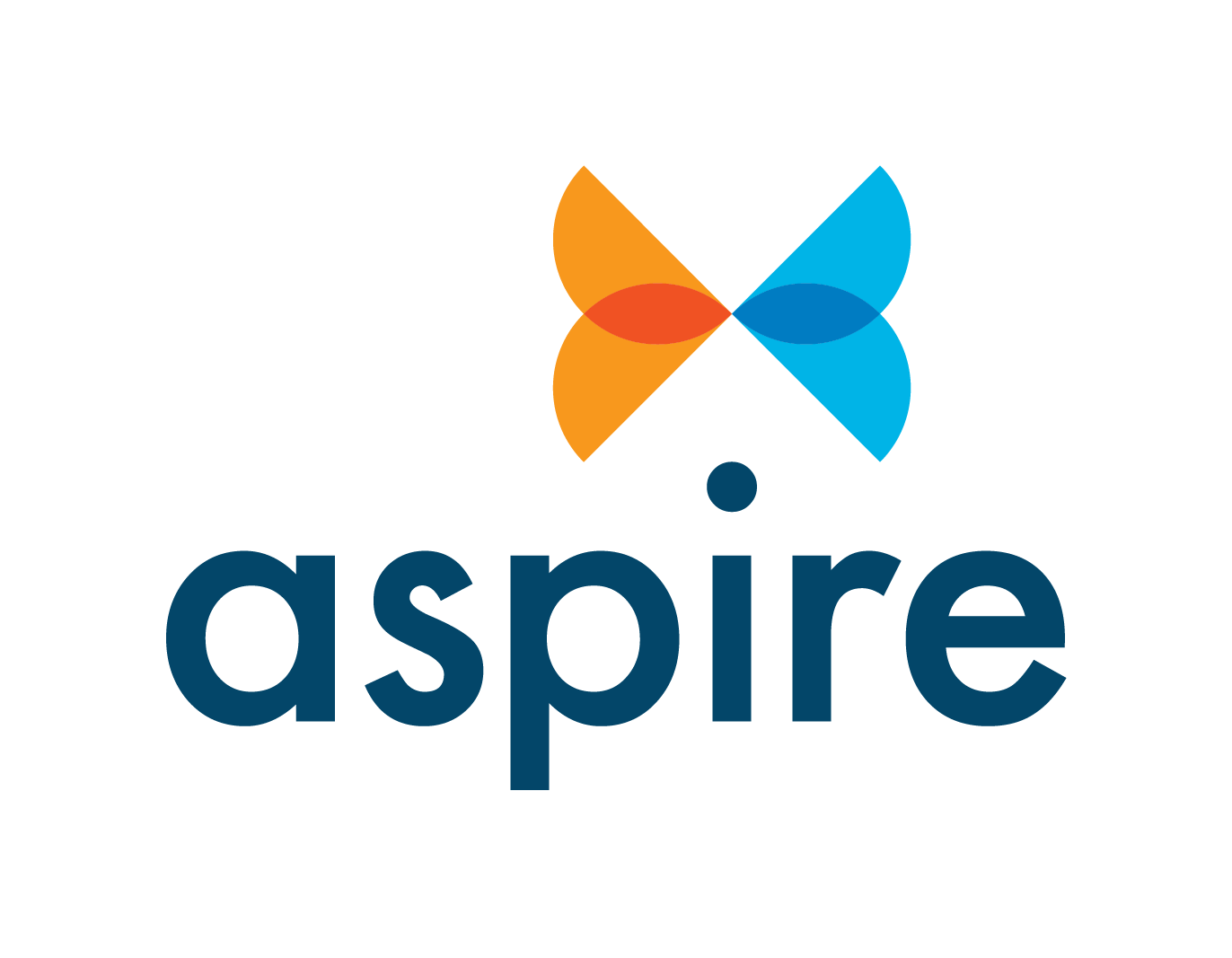The Not So Good Place?
BY LINDA K. JOHNSON, Ph.D. - MAR 14, 2022
Since I joined Aspire five years ago, I’ve become much more aware of how low-literate adults are portrayed in the media. They are often referred to as people who are considered “less than” in some way: not as smart, successful, or law-abiding.
I was surprised when a throw-away comment was written into one of my favorite sitcoms, The Good Place. Weeks later I was still upset about the fact that so many Americans were—one more time—dismissed. So, I wrote the following letter to the show’s creator, Michael Schur.
Dear Mr. Schur:
You are a genius.
Your brilliance shows in the ways you and the talented writers lovingly showcase the Leslie Knopes and Eleanor Shellstrops of the world, warts and all. They (we) struggle with how to express affection, manage frustration, and accomplish personal goals. I really love your work and it has helped me and my family find the laughter during some of life’s roughest situations.
So, when watching The Good Place episode where Eleanor grapples with which good works she’ll do to earn points, I had a different reaction. I flinched when she considered teaching adults to read, and then dismissed the idea because those adults “must be dumb.” Unlike Parks and Recreation’s skewering of librarians—educated professionals who aren’t typically seen as evil—adults who cannot read often believe they are dumb. They believe it because they likely were told as much while in school, or in the media they consume. The truth is that they often have undiagnosed learning differences, like dyslexia. Worst of all, they live in shame (research indicates it’s akin to the shame incest survivors feel).
As the CEO of Literacy Instruction for Texas (LIFT), I’ve come to know many of these underestimated adults. Based on what I have observed, these adults are smart, resourceful people who have had to find creative ways to get through many life tasks that require reading, without having the ability to read.
One in six adult Americans are low-literate. In states like Texas it’s one in five. When someone innocently remarks that adults who can’t read must be dumb, that person seldom realizes that they may be addressing a person who’s carrying that secret. I felt sad when I heard Eleanor say those words because I knew that there were many low-literate adults watching that episode who also flinched. It’s funny to call librarians evil because they (usually) aren’t. It’s another thing to make someone who already feels terrible feel worse.
I am hoping that this letter provides insight for your very talented writing team, cast, and crew about these adults. Please try to be more careful.
No, I never heard back from anyone connected with the show. I really didn’t expect to hear back either. The reason I’m sharing this is to help us all become more aware of our pre-judgements of others. And, to do something about it when we become self-aware.


